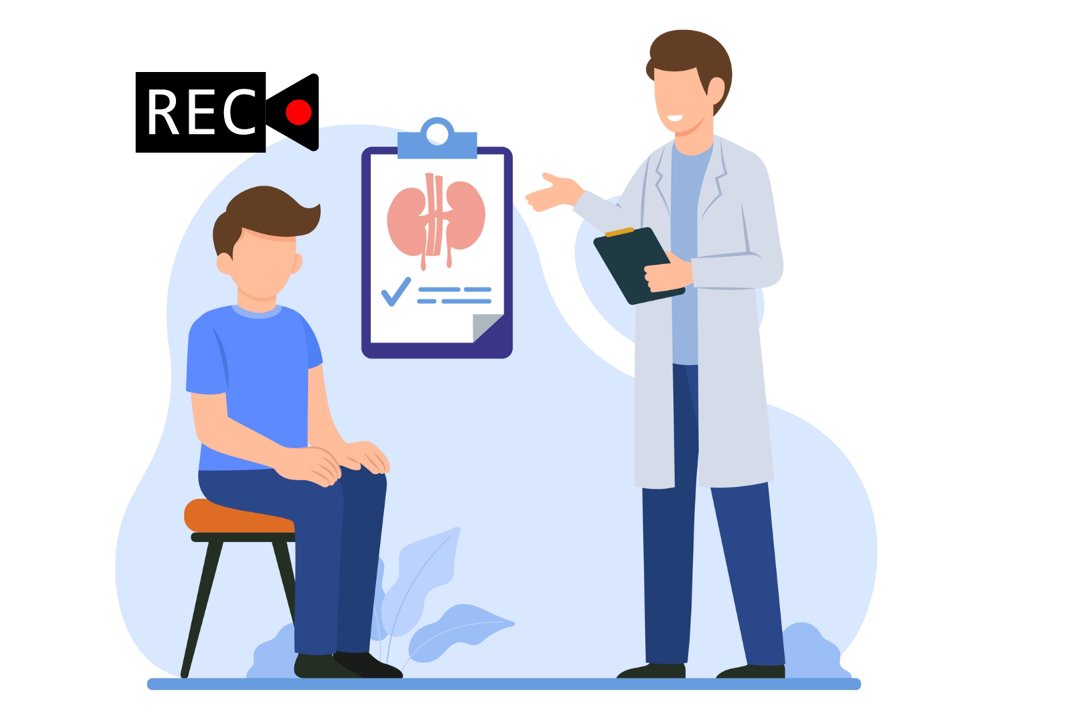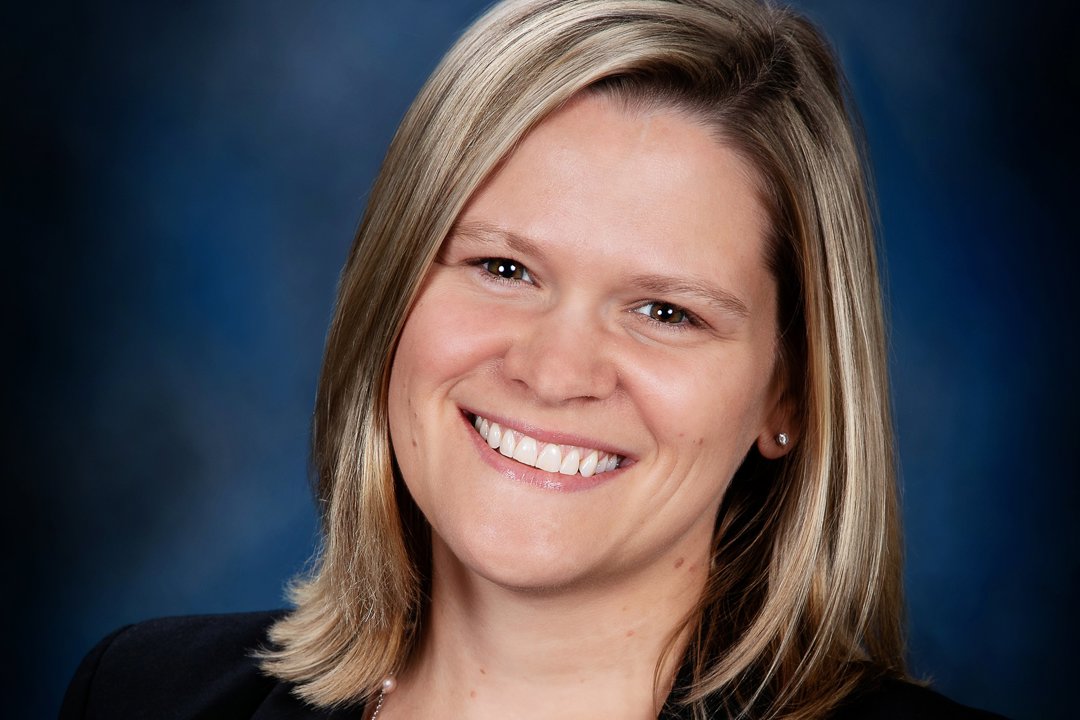
- Patients
Patients Who Record Their Appointments
There are advantages to and concerns about patient recording visits, and it is good practice to think about and implement a recording policy that works for your practice.
Recently, a physician called to report that they learned after the fact that a patient recorded a consultation without the physician’s knowledge.1 After requesting her records from the physician, the patient sent the recording to the office claiming that the written note did not match what was said during the doctor’s visit and asked that he change his written note.
The physician listened to the recorded appointment and realized that the patient wanted specific language included in the note to help with a disability case. He did not change his note because, despite the patient’s assertions, the recording confirmed the information in the record.
This physician was worried that other patients were also recording conversations with the physicians and advanced health practitioners in his office. He wanted to understand what they could do to prevent surreptitious recordings in the future.
The physician was caught off-guard by what they perceived as a violation of trust in the physician-patient relationship, and wanted to talk through the pros and cons of allowing patients to record their doctors, AHPs, and medical clinic staff. There are advantages to and concerns about recording these encounters, and it is good practice to think through and implement a recording policy that works for your practice ahead of time.
Advantages may include:
- Improving patient compliance with treatment plan recommendations or instructions.
- Ensuring patients provide correct information to family members and/or caregivers.
- Ensuring accuracy of your documentation in the patient’s record.
Valid concerns may include:
- Patients and/or their representatives altering or editing recordings.
- Patients posting recordings on websites and social media platforms.
- Discomfort affecting physicians’ and AHPs’ effectiveness during appointments.
If a recording takes place without your knowledge, you may need to discuss your concerns with the patient after the fact, but preemptively implementing policies and procedures that govern the recording of encounters in your practice will provide a foundation to guide you through such an uncomfortable conversation.
Determining how your practice will deal with the likely inevitability that a patient will want to record an encounter is not a one-size-fits-all decision and is up to each individual practice. When determining the direction your practice will take, consider the following suggestions for developing a written policy.
Policy and Procedure In Favor of Video and/or Audio Recordings
Include at least the following:
- Patients and/or their representatives will ask physicians, AHPs, and medical practice employees and staff for their permission to video and/or audio record an appointment, encounter, or interaction.
- Patients and/or their representatives will ask physicians, AHPs, and medical practice employees and staff for their permission to post any video and/or audio recording on websites and social media platforms.
- Patients and/or their representatives will not record other patients, other patients’ information, and medical practice employees and staff who are not participating in the patients’ care.
- Physicians, AHPs, and/or medical practice employees and staff may restrict or terminate recordings as needed and ask patients and/or their representatives who refuse to stop recording and who are not receiving emergency care to leave.
- Patients and/or their representatives will limit recordings to directions, instructions, and the parts of appointments, conversations, encounters, and interactions documented in patients’ medical records. Patients and/or their representatives will not record examinations, treatments, and procedures.
- Patients and/or their representatives will provide physicians, AHPs, and medical practices with copies of any recordings. Physicians, AHPs, and medical practices will store recordings in the patient’s record no less than ten years from the date of the appointment.
Policy and Procedure Against Video and/or Audio Recordings
Include at least the following:
- Patients and/or their representatives will ask physicians, AHPs, and medical practice employees and staff for their permission to video and/or audio record an appointment, encounter, or interaction.
- Physicians, AHPs, and medical practice employees and staff will decline the request and state that the physicians, AHPs, or medical practice have a policy that does not allow for recording appointments, conversations, encounters, or interactions.
- Physicians, AHPs, and/or medical practice employees and staff may restrict or terminate unauthorized recordings as needed and ask patients and/or their representatives who refuse to stop recording and who are not receiving emergency care to leave.
- Patients who violate the policy may be terminated from the practice.
The practice should consider including exceptions to the general rule based on:
- Complexity of any information and instructions;
- Patients’ and/or their representatives’ physical or emotional status at the time of the appointment, visit, encounter, or interaction;
- Patients’ and/or their representatives’ ability to recall any information and instructions;
- Patients’ and/or their representatives’ ability to read and/or hear related or supplemental materials provided in lieu of recording; and/or
- Physicians’ and AHPs preferences and/or comfort level.
The medical practice should provide the policy at an appropriate reading level and in a language that represents the languages spoken by the practice’s patient population. The practice should 1) initially provide the policy to new patients and their representatives, 2) annually provide the policy to established patients and their representatives, and 3) post the policy in the medical office or practice and on the website/patient portal. The practice should consider providing the policy through a qualified interpreter, video with audio recordings, and/or audio recordings for patients and their representatives with disabilities and whose primary language is not English.
Thinking through the advantages and challenges before these situations arise will help you and your staff be prepared to apply your practice policy and answer patient questions. Please remember the Risk Team is available to help if you have any questions. You can reach a Risk Consultant Monday – Friday 8:30am – 5pm MST at 800-352-0402 x 2137, 602-808-2137, or rm_info@micainsurance.com.
[1] Arizona, Utah, and Colorado require consent of only one party to the recording. The patient is not legally required to get your consent to record an appointment, but you may require them to do so through practice policies and procedures that clearly state expectations . Nevada law requires all parties to a recording to consent, but practices should still implement policies and procedures regarding recording patient encounters in your practice.

